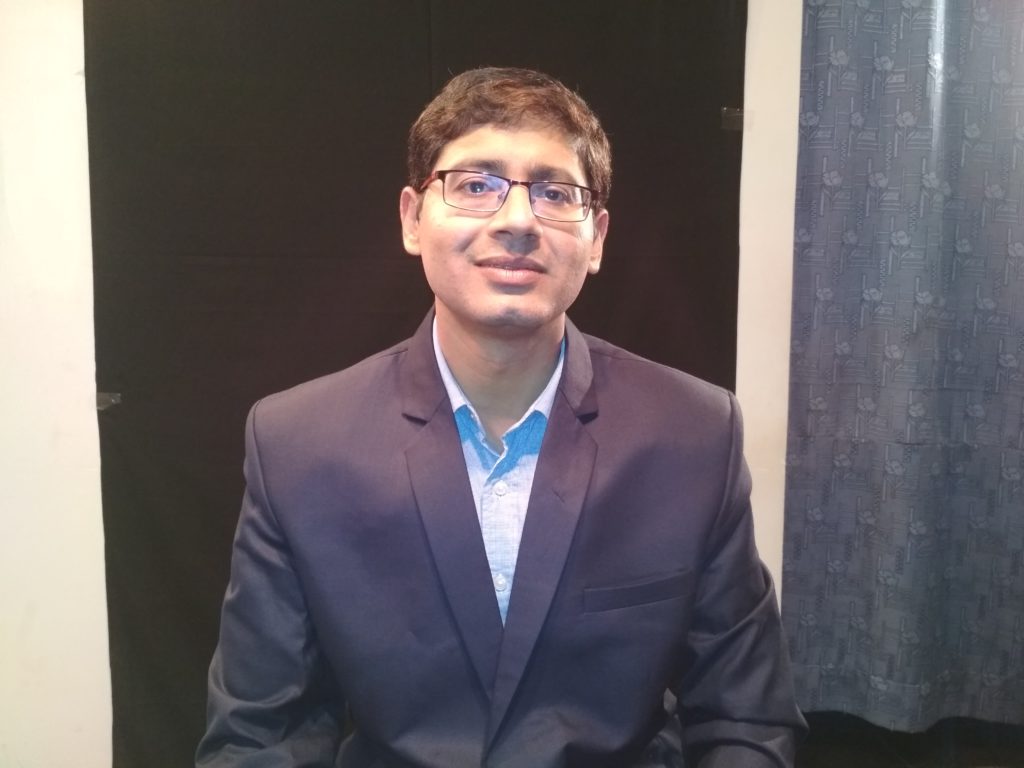Fundamentals of Plant Biotechnology
Course Attendees
Still no participant
Course Reviews
Still no reviews
Code(Credit) : ASPB 2201 (1-1-0)
Course Objectives
- Familiarize the students with the key developments in the sphere of Plant Biotechnology.
- Train students with the techniques associated with the invitro propagation of plants and their maintainance.
- Create awareness on the importance of plant diversity and its conservation both insitu and exsitu.
- Train students on basic molecular biology techniques.
Outcomes
- The students do understand the importance of plant diversity and their conservation through invitro propagation and maintainance.
- The students get aquainted with the widely exploited techniques in molecular biology like isolation of plant genomic DNA, their separation by gel electrophoresis, amplification of separated DNA by polymerase chain reaction, construction of phylogenetic trees to study genetic relatedness, construction of genome maps using markers.
- Gain insight into genetic engineering techniques and the importance of using GMOs as bioreactors for the inexpensive production of pharmaceuticals and nutraceuticals.
- Marker assisted selection for mapping agriculturally important traits in crop plants.
Course Syllabus
THEORY
1. Scopes offered by Plant Biotechnology, Importance of Plant Tissue Culture;
2. Different types of cultures carried out under Plant Tissue Culture and their importance;
3. Callus culture, organ culture, embryo culture and their importance;
4. Cell Suspension culture, Anther culture, Pollen culture, Ovule culture: Importance of carrying out such cultures;
5. Synthetic seeds: Production and their significance;
6. Embryo rescue and its significance;
7. Somatic hybridization: Protoplast isolation, Fusion, selection of somatic hybrids, Cybrids and their role;
8. Somaclonal Variation and its role in crop improvement;
9. Cryopreservation: Importance and the role of Cryoprotectants;
10. Recombinant DNA Technology/Gene cloning: Steps involved ;
11. Vector based and vector-less approaches for gene delivery;
12. Transgenic Plants as Potential bioreactors;
13. PCR technique and its applications;
14. Markers (RFLP, RAPD, SSR) and their roles in Agricultural biotechnology;
15. Marker assisted selection for mapping agronomic traits;
16. Guidelines to be followed with respect to genetic engineering practices, role of different organizations like DBT, GEAC in monitoring genetic engineering practices;
LABORATORY
- Organization of Plant Tissue Culture Laboratory;
- Approaches for Sterilization;
- Preparation of stock solutions of MS nutrient medium;
- Preparation of MS medium and its sterilization;
- Inoculation of Explants into the sterilized media;
- Isolation of Plant Genomic DNA and its spectrophotometric quantification;
- Demonstration of Agarose gel electrophoresis technique;
- Demonstration of PCR technique;
- Separation of DNA by Agarose gel electrophoresis;
- Study of the parts and functions of different equipments used in Biotechnology;
- Visit to high tech poly house for a study of factors contributing to plant growth;
- Agrobacterium tumefaciens mediated plant transformation
References:
- Introduction to Plant Biotechnology by H.S.Chawla
- Biotechnology-Expanding Horizons by B.D.Singh
- Genetic Engineering by Preeti Joshi
- Principles of Gene Manipulation by Primrose and Twymann
- Molecular Biotechnology by Bernard R. Glick and Jack J. Pasternak
- Lehninger Principles of Biochemistry by David L. Nelson & Michael M. Cox
- Molecular Cloning by Sambrook and Russel
Session Plan
Session 1
Historical developments in Plant Biotechnology along with the scopes offered by it
https://www.slideshare.net/prakashsiju/chapter-3-plant-tissue-culture
The session introduces one to the historical developments in Plant Biotechnology along with the scopes offered by it
protoplast culture, callus culture, organ culture, embryo culture, cell suspension culture, anther culture, pollen culture, ovule culture and their importance
Session 3
Embryo rescue and its significance
https://www.slideshare.net/RIZWANABBAS3/embryo-culture-application-
Session 4
Somatic hybridization and its importance
https://www.slideshare.net/neha_ag/somatic-hybridization-67740744
https://www.slideshare.net/devhingra/somatic-hybridization-60180584
Session 5
Micropropagation in tissue culture
Session 6
Somaclonal variation and its role in crop improvement
https://www.slideshare.net/RakeshKumar440/somaclonal-variation-26537134
Session 7
Synthetic seeds: Production and their significance
https://www.slideshare.net/SonamkzBhutia/artificial-seed-98432308
Session 8
Steps involved in gene cloning
https://www.slideshare.net/gohilsanjay3/gene-cloning-principles-an-technique
Session 9
Vector based approaches for gene delivery
https://www.slideshare.net/NISHANTHSEKAR1/agrobacterium-mediated-gene-transfer-77002058
Session 10
Vectorless approaches for gene delivery
https://www.slideshare.net/manjeshsaakre/vector-less-gene-transfer
Session 11
Polymerase chain reaction and its applications
https://www.slideshare.net/subramaniansethupath/polymerase-chain-reaction-principles-and-practice
Session 12
Molecular markers: Construction and uses
https://www.slideshare.net/VikasSingh639/molecular-markers-75788487
Session 13
Organizations involved in monitoring genetic engineering practises
https://www.slideshare.net/Adrienna/national-and-international-regulatory-framework-for-gm-crops2015
Session 14
Organization of plant tissue culture laboratory
Session 16
Preparation of stock solutions of MS nutrient medium
Session 17
Preparation of MS nutrient medium and its sterilization
Session 19
Isolation of plant genomic DNA and its spectrophotometric quantification
Session 22
Visit to high tech polyhouse for studying the factors contributing to plant growth
Case Studies
Case Studies
Our Main Teachers

I am Dr. Koustava Kumar Panda presently working as an Associate Professor in the department of Plant Biotechnology, M.S.Swaminathan School of Agriculture, Centurion university, Paralakhemundi since July 2017. I have worked on the the nutritional profiling of prominent rice landraces of Southern Odisha on the elemental, mineral, nurtitional quality attributes in addition to studying their […]

